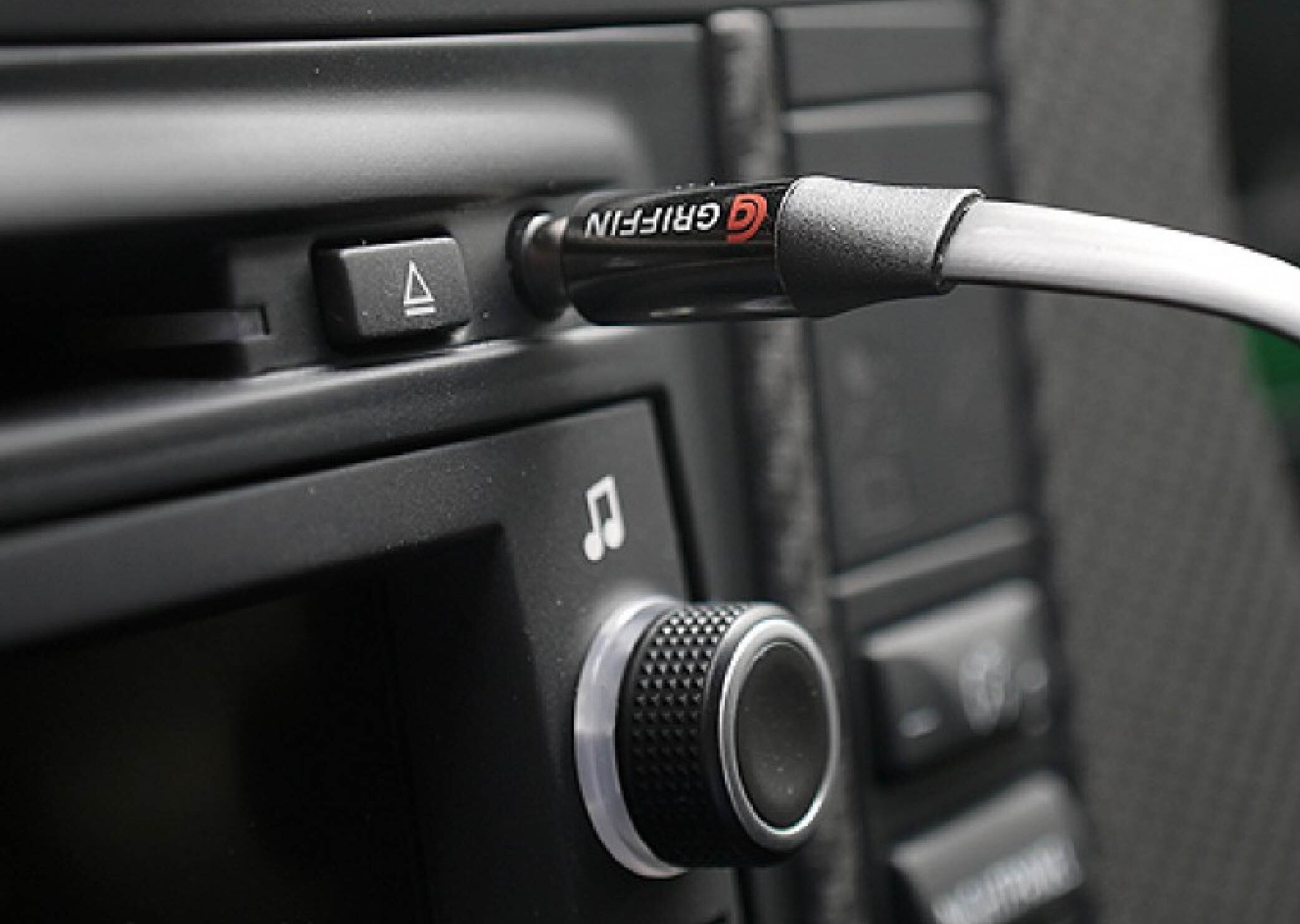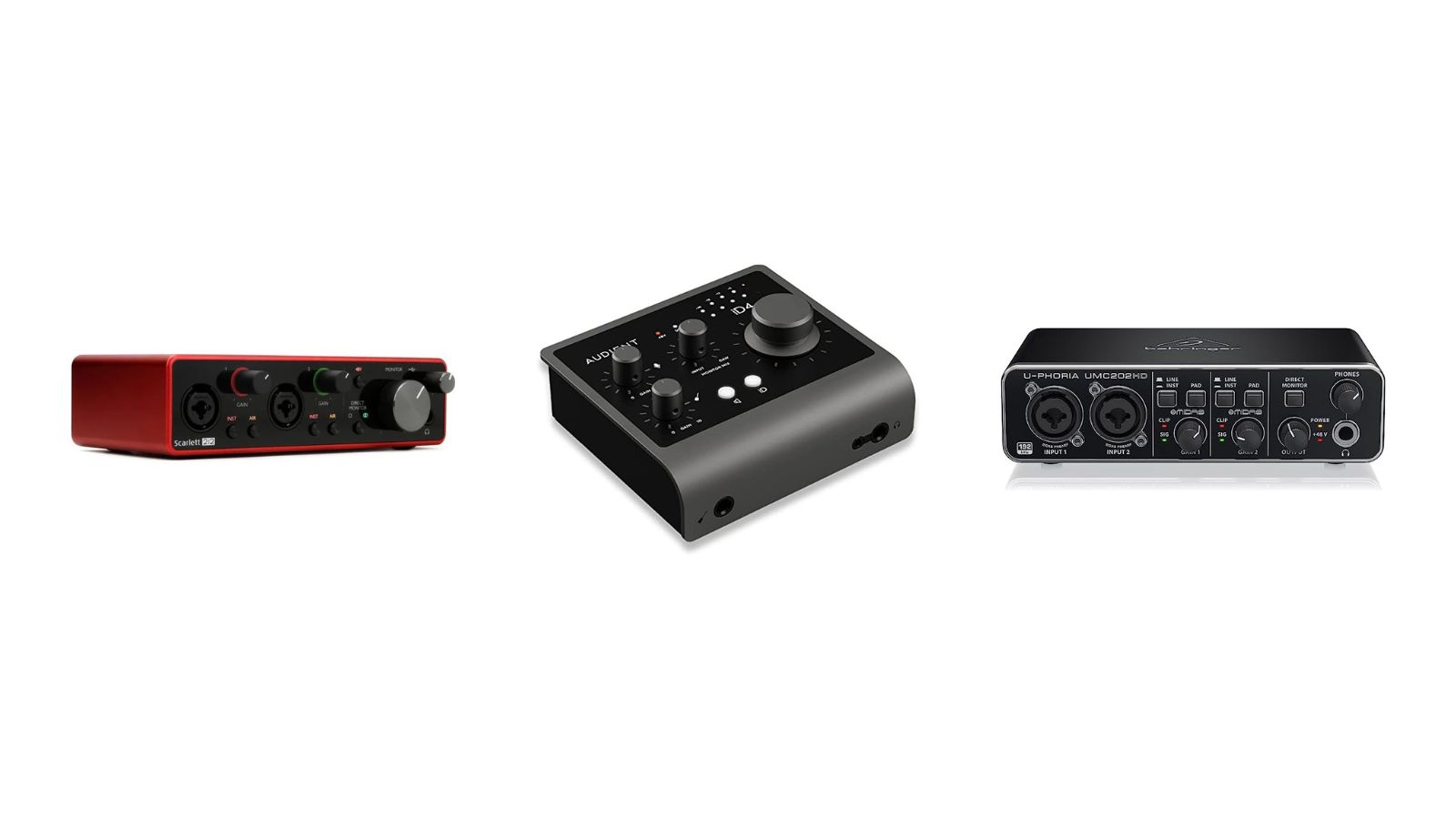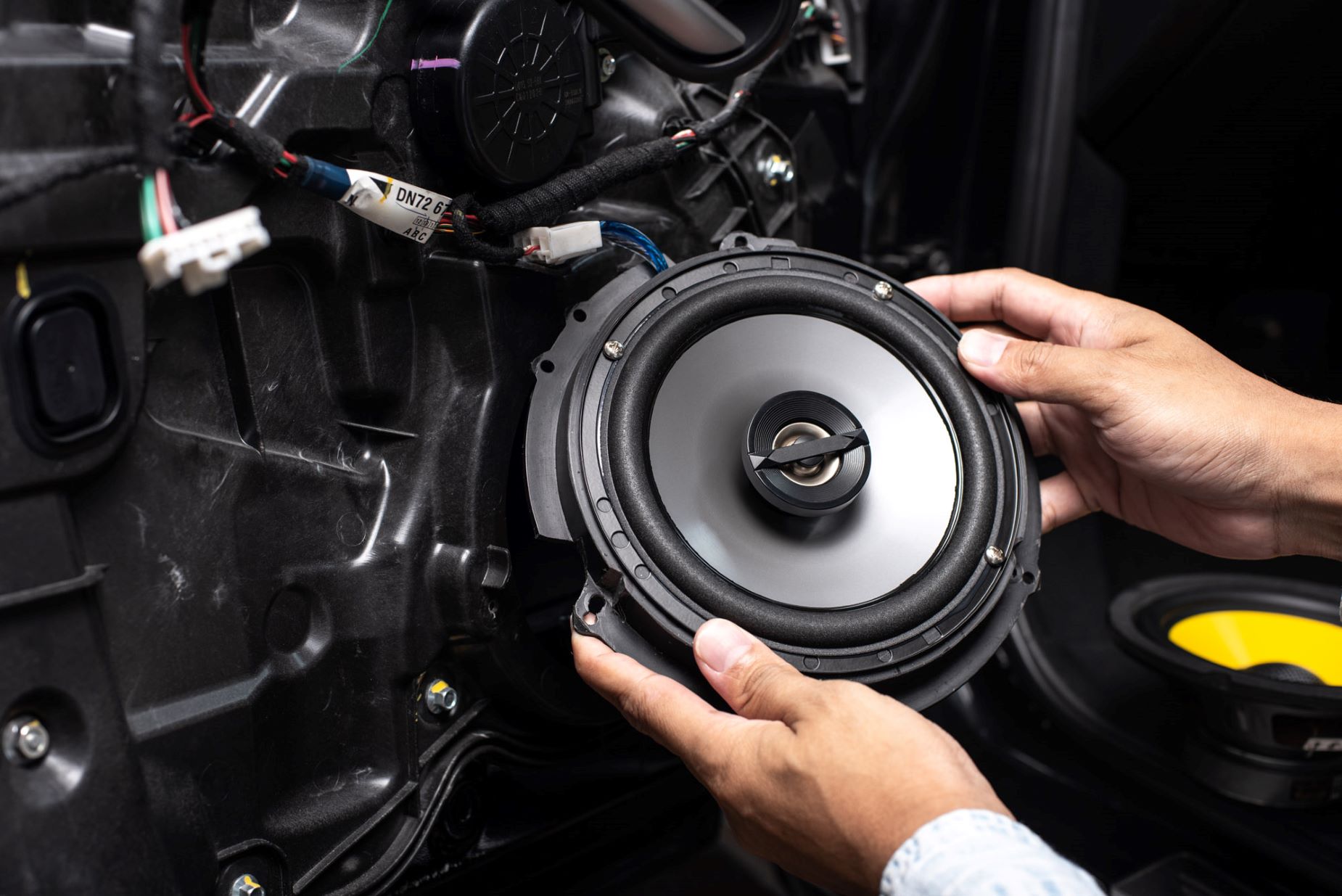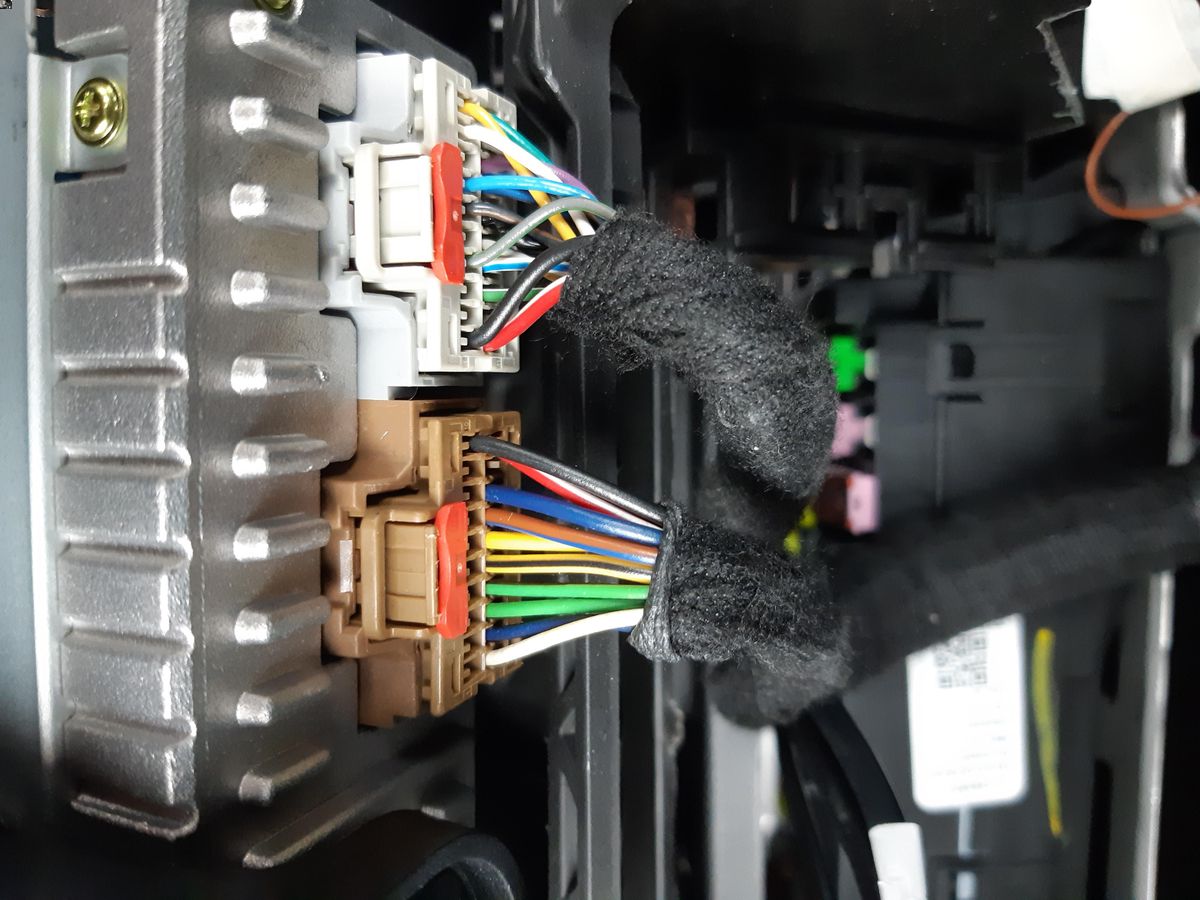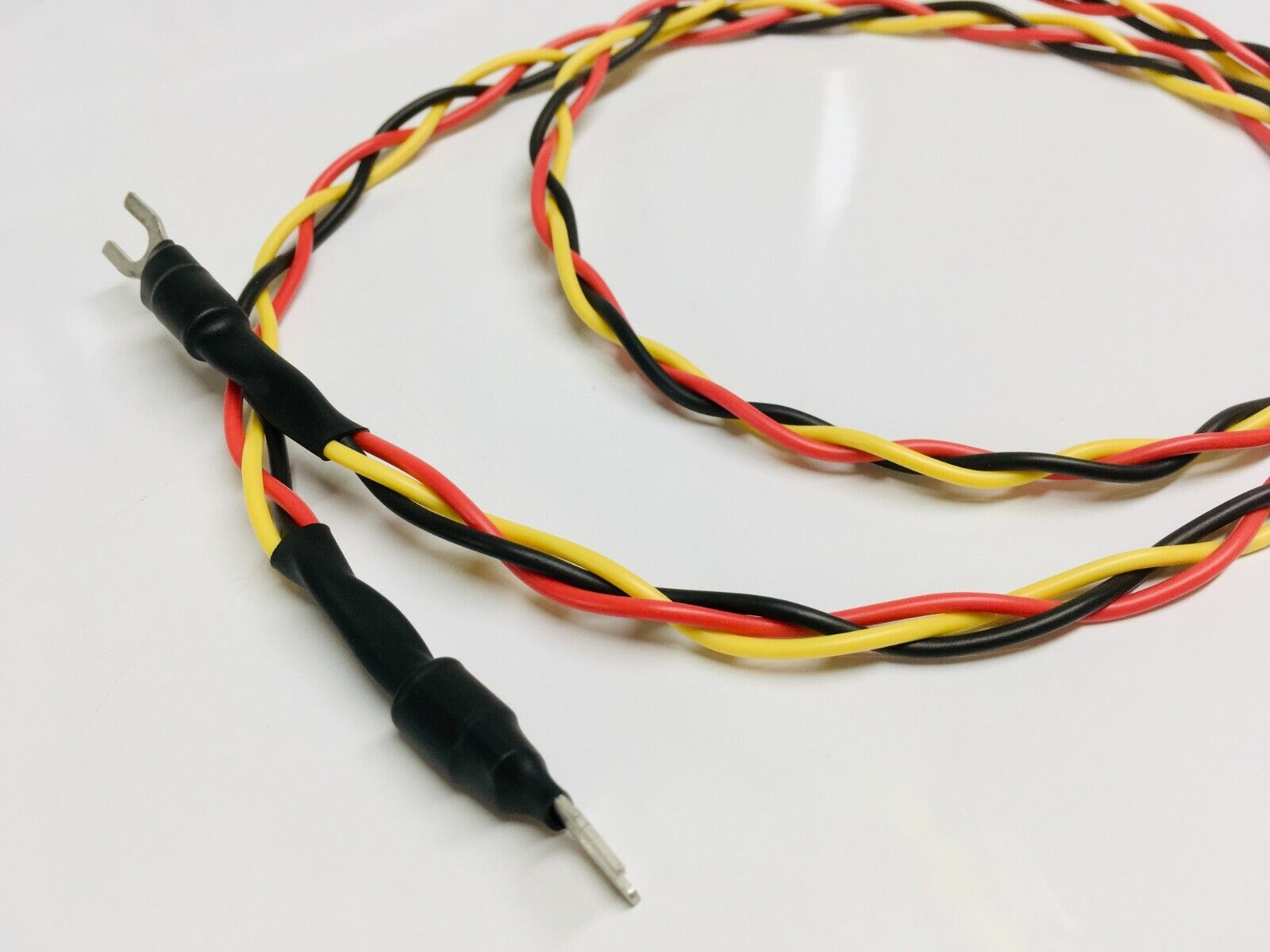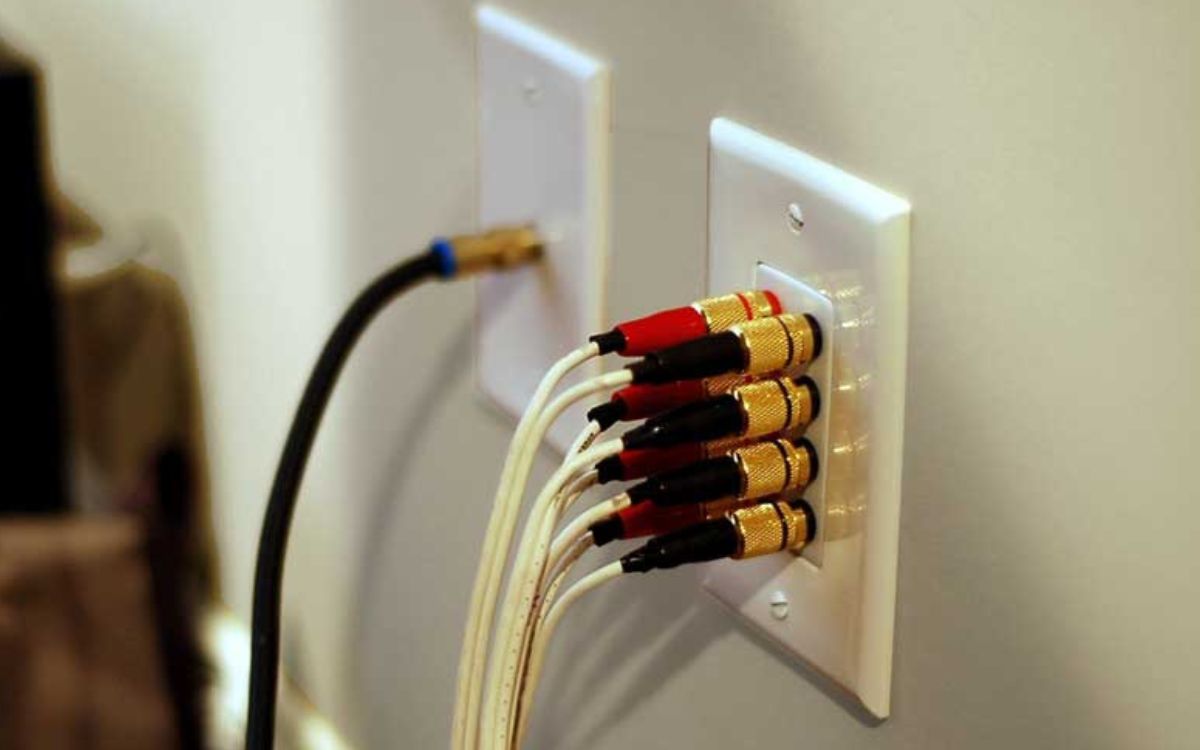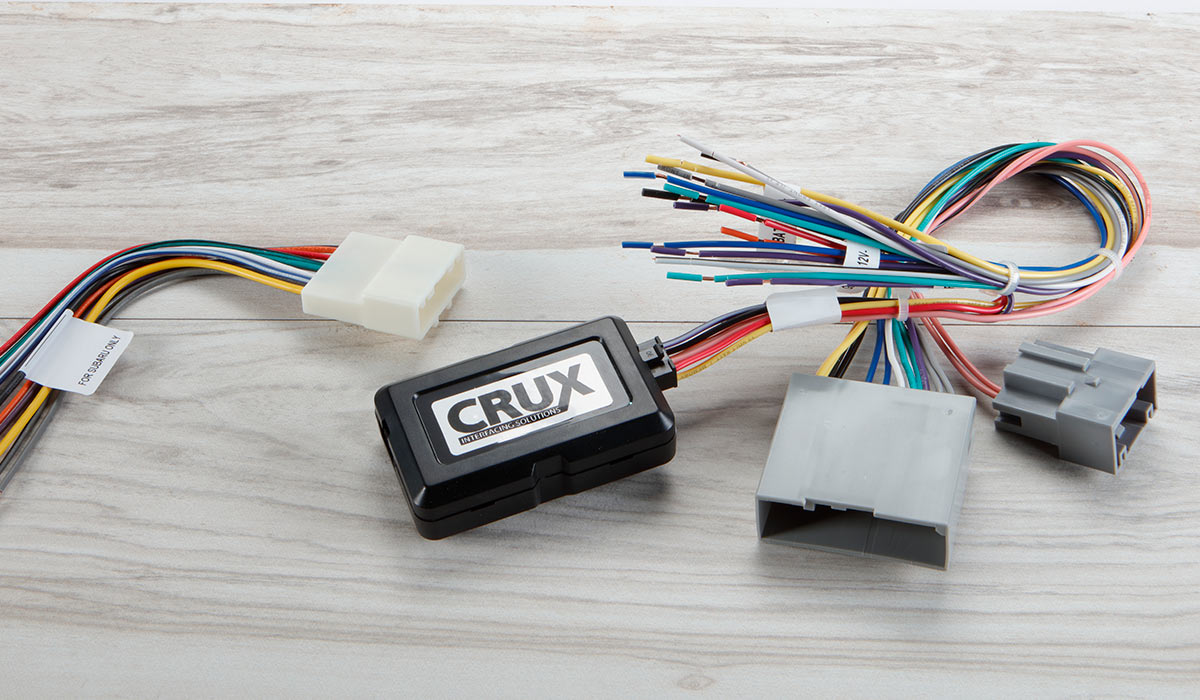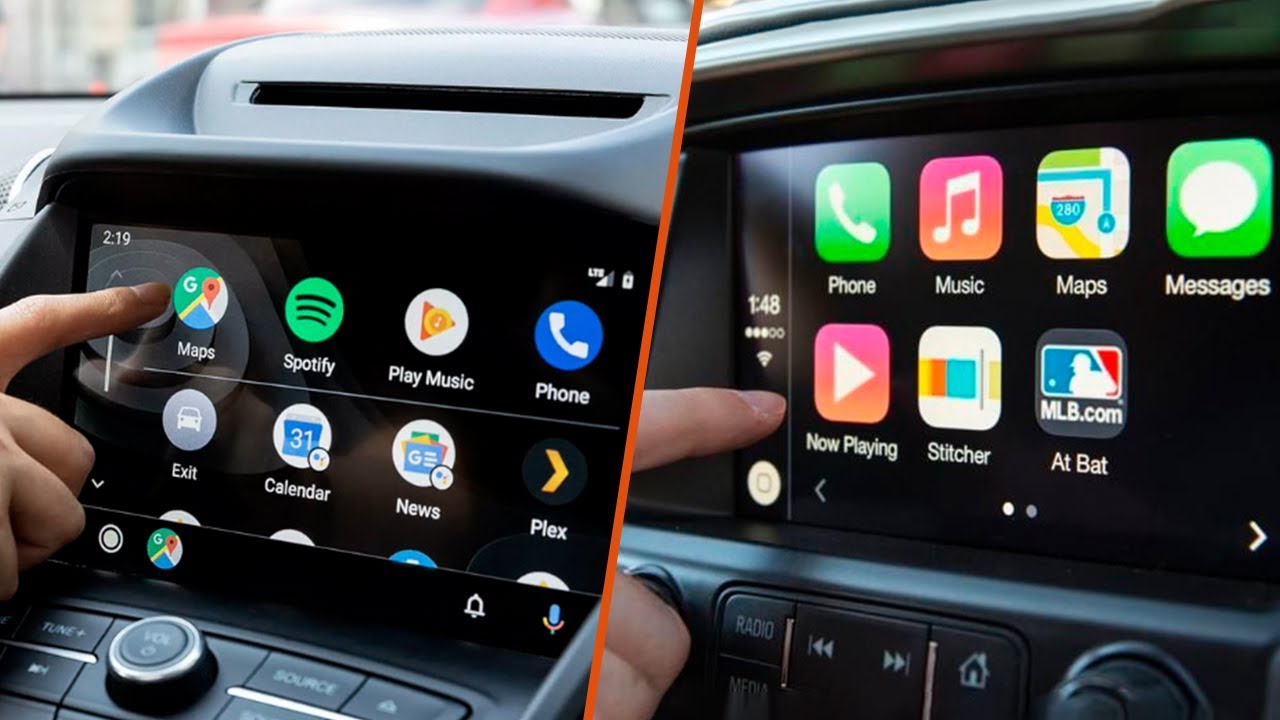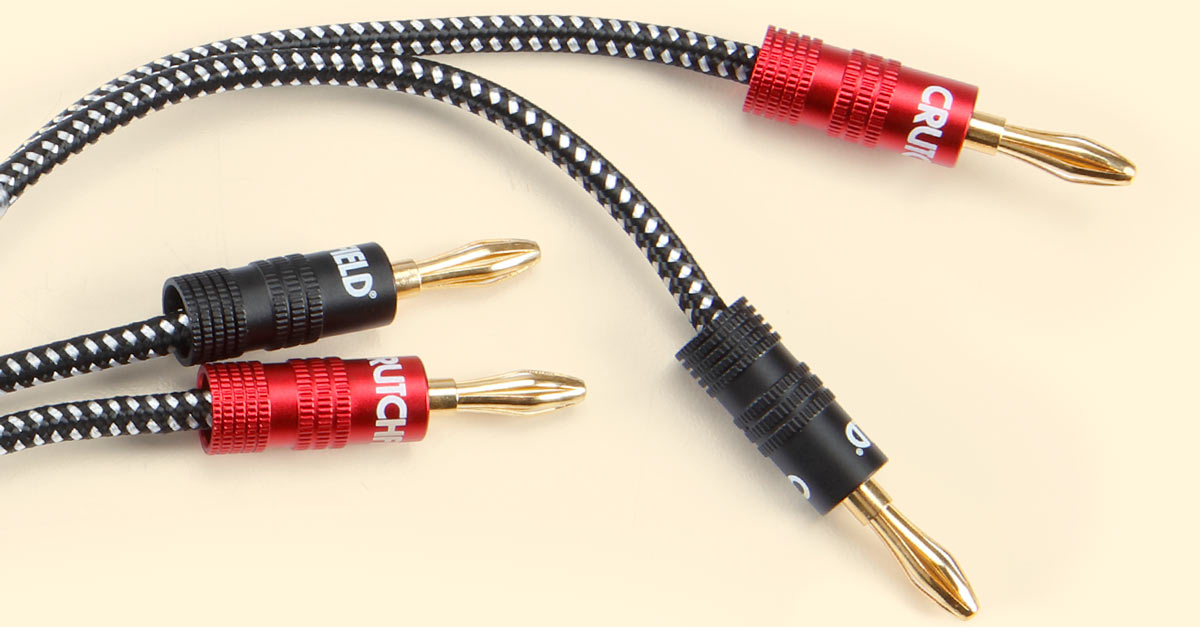Home>Devices & Equipment>Car Audio>What Gauge Speaker Wire Should I Use For Car Audio
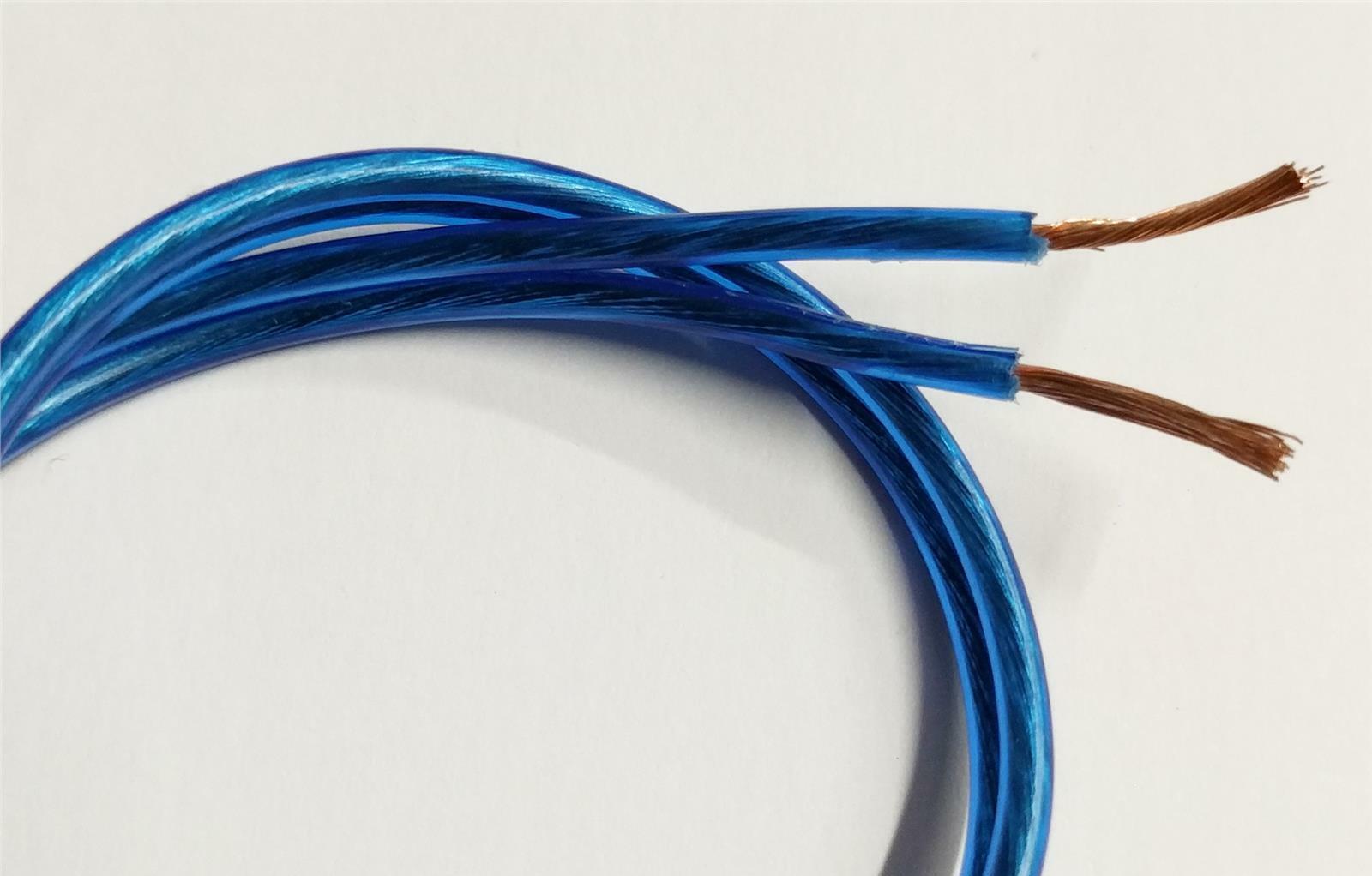

Car Audio
What Gauge Speaker Wire Should I Use For Car Audio
Published: February 6, 2024
Choosing the right gauge speaker wire for car audio is crucial for optimal sound quality. Find out which gauge is best for your car audio setup.
(Many of the links in this article redirect to a specific reviewed product. Your purchase of these products through affiliate links helps to generate commission for AudioLover.com, at no extra cost. Learn more)
Table of Contents
Introduction
Welcome to the world of car audio, where your favorite music can come to life while you’re on the road. Whether you’re a music enthusiast or just looking to upgrade your car’s audio system, understanding the basics of speaker wire gauge is crucial. The speaker wire gauge you choose can have a significant impact on the performance and overall sound quality of your car audio system.
In this article, we will delve into the world of speaker wire gauge for car audio and provide you with insights on why it’s important and how to choose the right gauge for your system. We’ll also offer some tips on installation and usage to help you get the most out of your car audio experience.
But first, let’s take a moment to understand what speaker wire gauge actually means. Speaker wire gauge refers to the thickness or diameter of the wire. It is usually measured using American Wire Gauge (AWG), a standardized system used to measure the diameter of electrically conducting wire.
When it comes to car audio, the speaker wire gauge plays a crucial role in maintaining the integrity of the audio signal. It affects the resistance, current flow, and ultimately the sound quality produced by your speakers. Using the right gauge for your specific setup can ensure optimal performance and prevent any potential issues such as overheating or signal loss.
Now that we have a basic understanding of speaker wire gauge, let’s further explore why it matters in the context of car audio systems.
Understanding Speaker Wire Gauge
Speaker wire gauge refers to the thickness or diameter of the wire used to connect your car audio system’s amplifier to your speakers. It is measured using the American Wire Gauge (AWG) system, which assigns a numerical value to each gauge size. The larger the gauge number, the thinner the wire.
The gauge of the speaker wire is essential because it directly affects the flow of electrical current from the amplifier to the speakers. Thicker wire has a lower resistance and can handle more current, resulting in better signal transfer and improved sound quality. On the other hand, using wire that is too thin can lead to increased resistance, which can cause signal loss and result in weaker sound reproduction.
Electrical resistance is a property that opposes the flow of electric current. Thicker wire has less resistance compared to thinner wire, allowing more current to flow through it. As a result, thicker wire can maintain the integrity of the audio signal and prevent voltage drop over longer distances.
When it comes to speaker wire gauge, it’s important to consider the length of the wire run. The longer the distance between the amplifier and the speakers, the greater the resistance. Therefore, it’s generally recommended to use a thicker gauge wire for longer wire runs to minimize signal degradation.
It’s also worth noting that different types of speakers have different power requirements. High-powered speakers, such as subwoofers, may require thicker wire to handle the higher current demands. On the other hand, smaller speakers or tweeters can often suffice with thinner wire due to their lower power requirements.
Now that we have a fundamental understanding of speaker wire gauge, let’s explore why it matters specifically in the context of car audio systems.
Why Speaker Wire Gauge Matters for Car Audio
Choosing the right speaker wire gauge is crucial in car audio systems to ensure optimal sound quality and performance. Here are a few reasons why the speaker wire gauge matters:
- Signal loss prevention: Car audio systems are often subjected to external noise and interference, especially in a vehicle’s electrical environment. Using a thicker gauge wire minimizes resistance and helps prevent signal loss, ensuring that the audio signal reaches the speakers with minimal distortion.
- Power handling: Different speakers have varying power requirements. Thicker wire can handle higher power levels without significant voltage drop. This is particularly important for powerful subwoofers that demand a high current to move the speaker cone and reproduce deep bass frequencies accurately.
- Speaker protection: Inadequate wire gauge can cause the amplifier to work harder to deliver power to the speakers, resulting in increased heat generation. Over time, this heat can damage both the amplifier and the speakers. Using the correct wire gauge helps to minimize heat buildup and extends the lifespan of your audio system.
- Spatial considerations: In a car audio setup, speaker wire often needs to be routed through tight spaces and hidden from view. Thicker wire can be more challenging to install and hide, whereas thinner wire is more flexible and easier to maneuver. It’s crucial to strike a balance between wire thickness and practicality when considering the installation process.
When selecting the appropriate speaker wire gauge for your car audio system, it’s crucial to consider factors such as power requirements, wire length, and the specific speakers you’re using. Understanding these factors will help you choose the right gauge to maximize the performance and longevity of your car audio system.
Now that we understand why speaker wire gauge matters, let’s explore the factors to consider when choosing the right gauge for your car audio setup.
Factors to Consider When Choosing Speaker Wire Gauge for Car Audio
Choosing the correct speaker wire gauge for your car audio system is crucial for optimal performance. Several factors should be considered when selecting the appropriate gauge:
- Power Rating: Consider the power rating of your amplifier and speakers. Higher power levels require thicker wire to handle the increased current flow. Check the specifications provided by the manufacturer to determine the appropriate gauge for your specific system.
- Wire Length: The longer the wire run, the higher the resistance. To minimize signal degradation, it is recommended to use a thicker gauge wire for longer distances. A shorter wire run may allow for the use of a slightly thinner gauge wire.
- Speaker Impedance: Speaker impedance is measured in ohms and determines how much power the speaker can handle. Lower impedance speakers (typically 4 ohms) require thicker wire to handle the increased current flow. Higher impedance speakers (typically 8 ohms) can often work well with thinner wire.
- Budget: Consider your budget when choosing the speaker wire gauge. Thicker gauge wire tends to be more expensive than thinner options. While it’s important to choose an adequate gauge, you don’t want to overspend if your system doesn’t require it.
- Installation Constraints: Take into account any limitations or constraints during the installation process. Thicker gauge wire can be more challenging to route through tight spaces, so if you have limited room or need to hide the wire, a thinner gauge wire may be more practical.
It’s essential to strike a balance between these factors to ensure that the speaker wire gauge you choose matches your specific requirements. If you are unsure, consult the product manuals or seek guidance from a car audio professional to ensure that you select the most suitable gauge for your setup.
Now that we have considered the factors to keep in mind when choosing speaker wire gauge, let’s explore the recommended gauge for different power ratings in car audio systems.
Recommended Speaker Wire Gauge for Different Power Ratings
Choosing the right speaker wire gauge based on the power rating of your car audio system is essential to ensure optimal performance and prevent any potential issues. Below are some general recommendations for speaker wire gauge based on power ratings:
- Up to 50 Watts: For amplifiers or speakers with a power rating of up to 50 watts, 18-gauge wire is generally sufficient. This wire gauge offers low resistance and is suitable for short wire runs or systems with low power requirements.
- 50 to 200 Watts: Amplifiers or speakers with power ratings between 50 and 200 watts typically benefit from using 16-gauge wire. It provides a balance between cost, performance, and ease of installation. This gauge is suitable for moderate power setups.
- 200 to 400 Watts: For amplifiers or speakers with power ratings between 200 and 400 watts, 14-gauge wire is recommended. This gauge offers lower resistance and is capable of handling higher current levels, making it ideal for medium to high-power car audio systems.
- Above 400 Watts: If your car audio system has a power rating above 400 watts, it’s advisable to use 12-gauge wire or even thicker. Thick wire minimizes resistance, allowing for efficient power delivery to high-power speakers or subwoofers. It is suitable for power-hungry systems and long wire runs.
It’s important to note that these recommendations are general guidelines and might vary depending on specific factors such as wire length, impedance, and installation constraints. Always consult the manufacturer’s guidelines or seek advice from a car audio professional to ensure the most appropriate wire gauge for your specific setup.
Now that we have discussed the recommended speaker wire gauge based on power ratings, let’s move on to some tips for installing and using speaker wire in car audio systems.
Tips for Installing and Using Speaker Wire in Car Audio Systems
Proper installation and usage of speaker wire in your car audio system can greatly impact its performance and longevity. Here are some tips to help you achieve the best results:
- Choose the right wire gauge: Refer to the recommendations based on your system’s power rating and specific requirements. Using the correct gauge ensures efficient power transfer and minimizes the risk of overheating or signal loss.
- Measure the wire length accurately: Before purchasing speaker wire, measure the distance between your amplifier and speakers. This will help you determine the appropriate length of wire needed and minimize wastage.
- Strip the wire carefully: When preparing the wire for installation, strip the insulation carefully to avoid damaging the wire’s conductive core. Properly stripped wire ensures a secure connection and reduces the risk of signal degradation.
- Secure connections properly: Make sure to securely connect the wire to both the amplifier and the speakers. Loose connections can result in poor sound quality or intermittent audio. Use crimp connectors or solder the wire to create reliable and permanent connections.
- Route the wire away from interference: When running the wire through your vehicle, try to avoid routing it near power cables or other potential sources of interference. This can help minimize signal disruption and maintain audio quality.
- Protect the wire: In mobile applications, speaker wire is exposed to various elements such as heat, moisture, and vibration. To protect the wire and prevent damage, consider using wire loom, conduit, or heat shrink tubing in vulnerable areas.
- Perform regular inspections: Periodically check the condition of the speaker wire and its connections. Look for signs of wear, corrosion, or loose connections. Address any issues promptly to ensure uninterrupted sound reproduction.
- Upgrade as necessary: If you plan to upgrade your car audio system in the future, consider installing a slightly thicker wire than your current requirements. This future-proofs your system, allowing it to handle higher power demands should you decide to upgrade components later on.
By following these tips, you can ensure the proper installation and usage of speaker wire in your car audio system, resulting in optimal performance and lasting enjoyment.
Now let’s wrap up our discussion.
Conclusion
In conclusion, understanding and selecting the right speaker wire gauge for your car audio system is essential to achieve optimal sound quality and performance. The speaker wire gauge directly affects the flow of electrical current, resistance, and overall audio signal integrity. By considering factors such as power rating, wire length, speaker impedance, and installation constraints, you can choose the most suitable gauge for your specific setup.
Using the recommended speaker wire gauge based on your system’s power rating helps prevent signal loss, ensures proper power handling, and protects your speakers and amplifier. It’s important to properly strip and connect the wire, route it away from potential interference, and periodically inspect and maintain the connections to ensure reliable and high-quality sound reproduction.
Remember that while thicker gauge wire is generally beneficial for higher power systems and longer wire runs, it’s also important to consider practical aspects such as budget, installation constraints, and future upgrade possibilities. Striking the right balance is key to achieving an optimal car audio experience.
Whether you’re a seasoned car audio enthusiast or just starting your journey, understanding speaker wire gauge and its importance will help you make informed decisions when it comes to your car audio system. So, go ahead and choose the right wire gauge, install it correctly, and enjoy the rich and immersive sound experience that your car audio system can provide.

